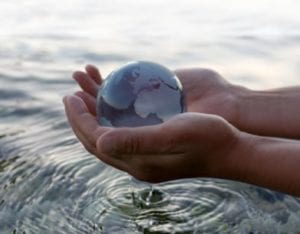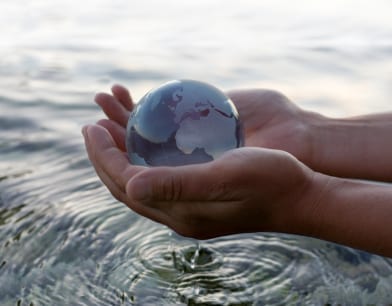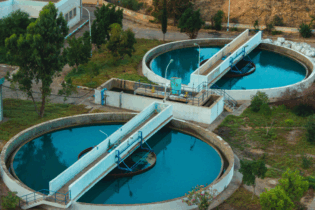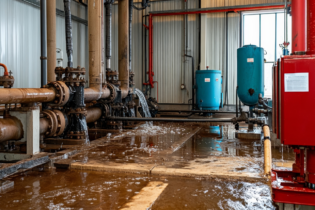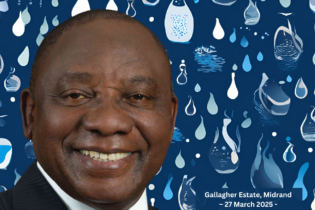She added that with water as an embedded right in the South African Constitution, government must do all it can to ensure water can be accessed at different levels of affordability across all communities, as well as for industrial and commercial users.
The global concern of water conservation recently brought together a panel of high level global leaders. The panel met in South Africa and discussed ways in which water use can be harnessed to increase the amount of water saved around the world, especially in arid areas.
As host country of the United Nations’ Valuing Water Regional Consultation, South Africa called on world leaders to make meaningful inputs into the draft document on Valuing Water Principles. The final document aims to contribute significantly to the work of governments to save water.
South Africa has been chosen as the first country to host the High Level Panel on Water’s (HLPW) Regional Consultation. This consultation was used to understand the views of all segments within the water community as well as other sectors including agriculture and energy.
The consultations, which are also expected to take part in other countries around the world, will culminate at the presentation of a report on valuing water, which will be presented to the General Assembly of the United Nations in September this year.
Members of the HLPW included heads of state from Australia, Bangladesh, Hungary, Jordan, Mauritius, Mexico, Netherlands, Peru, Senegal, South Africa and Tajikistan.
Speaking on behalf of water and sanitation minister Nomvula Mokonyane at the consultation was public service and administration minister Faith Muthambi. She said the consultations were a platform for government representatives and organisations to share national perspectives and positions on the critical issue of water.
Muthambi explained that water was a cross-cutting matter as it spoke to all aspects of development and was also linked to different policy positions and legislative imperatives. She added that water authorities should engage honestly, while raising awareness about the harmful impacts of illegal water use and the violation of laws and regulations.
Muthambi said members on the panel had the same vision which was partly aimed at assessing the impact of water programmes in the region.
She also said the panel was an opportunity for delegates to consider the different challenges that countries face. These included levels of access to clean water, monetary value attached to water as a critical resource, policy perspective in the region, equity and user requirements, as well as legislative imperatives and government obligations.
“These challenges will be the contributing and determining factors in deciding on the ‘Principles of Valuing Water’ that we envisage at the end of the [consultation] process,” Muthambi said.


